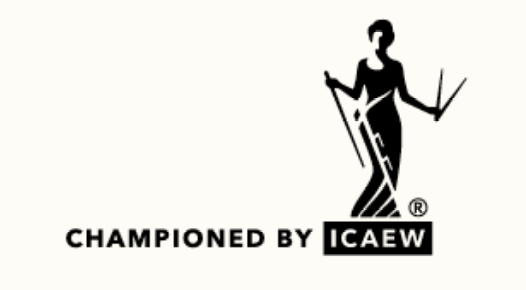3. Business: Finance
Keystage: KS4
Subject: Business
Resource type: Lesson
Skills: Problem Solving
Click to download the resource (updated 07 April 2025)
Be a Hero for Fitness Heroes: Students take on the role of a Public Finance Accountant and will be looking at ways a council run fitness centre can raise money, so it can continue to operate.
Career Spotlight
Public Finance Accountant
Skills Builder Links
Problem solving step 8
I explore complex problems by analysing the causes and effects.
Curriculum Table
| England: The national curriculum (England) | Finance Students must know and understand the concept of revenue, costs, profit and loss, including break even and gross and net profit ratios. |
| Scotland: The National 5 Business Management | Understanding business – Objectives How objectives affect the operation of, and decisions made in, different types of organisations. |
| Wales: WJEC GCSE in business specification | Revenue and costs Learners need to understand what is meant by revenue, costs, profit and loss (and calculate and interpret: fixed costs, variable costs, total costs, total revenue and profit/loss). |

Contact us form
"*" indicates required fields
